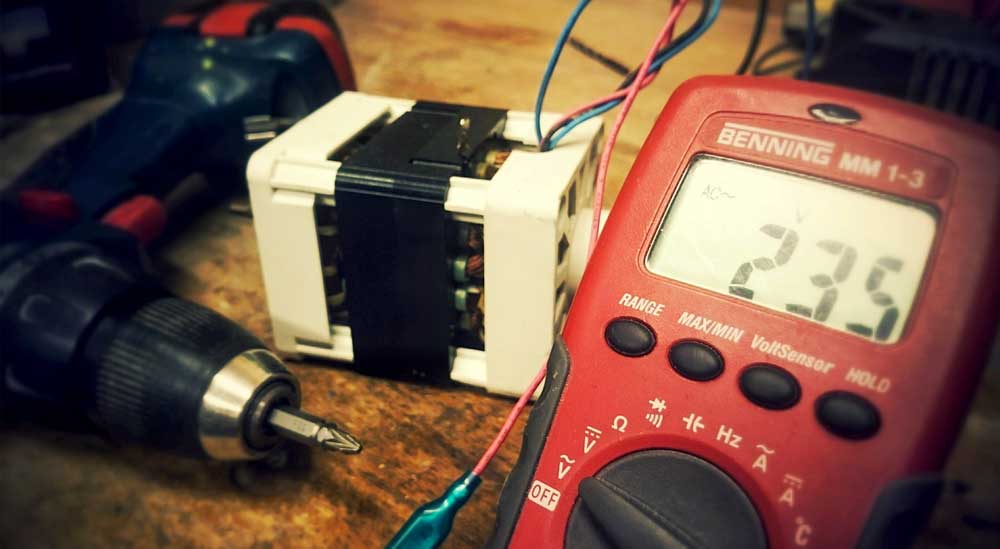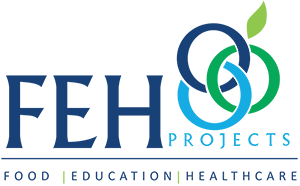
All you need to know about Calibration
As our bodies require check-ups and deliberate maintenance to perform optimally, so do our equipment and everyday work tools. Regular checks and maintenance of our equipment are highly beneficial and essential to our work processes, as we would come to see in the later part of this post.
In simple terms; calibration is the process of determining, checking and rectifying instrument to agree with value of the applied standard, within a specified accuracy usually a comparison of the equipment output with a known standard and recording the results.
Why do we calibrate?
- To validate equipment’s accuracy and efficiency at installation
- Test instrument’s accuracy after repair or modification
- Verify measurements of instruments that correct bias or instruments that are used as surrogates for other measurements
- Ensure smooth functioning of equipment after scheduled usage time has lapsed
- Stabilize effects of shock or exposure to adverse conditions, usually due to effects of environmental changes, e.g. – weather changes
How often should we calibrate our equipment?
- As recommended by the Equipment Manufacturer.
- After every technical failure or malfunctioning of the Equipment.
- Periodically in accordance to Industry’s SOP. (Annually, Quarterly, Monthly)
Benefits of calibration
- It reduces the operational cost in the long run by avoiding duplication of processes, efforts and time wasting.
- Timely calibration also helps you adhere to the various government and industry standards, during audit inspections and checks.
- Irregularities can be discovered during calibration which gives you an advantage and enabling you to retain originality and quality.A regular calibration and maintenance schedule ensures equipment failures are detected and controlled on time to avoid equipment down-time.
- Regular schedule to calibrate your instruments will ensure your equipment is always working at its optimal capacity.
Conclusively, we can say that, calibration of an instrument is essential for gaining accurate information about the measurement of physical quantities, also, equipment calibration can help us detect uncertainties and prevent errors that might arise from equipment results and help maintain quality of final outputs ensuring equipment is working at its optimal capacity.
Moreover, the hidden cost and risk associated with measuring equipment not being-calibrated are much more than the cost of calibration. Therefore, it is highly recommended to calibrate your devices from a reputable company and to ensure that the errors associated with measurement are done away with.
If you would like your equipment calibrated by our on-site lab, please contact us for a quote.





